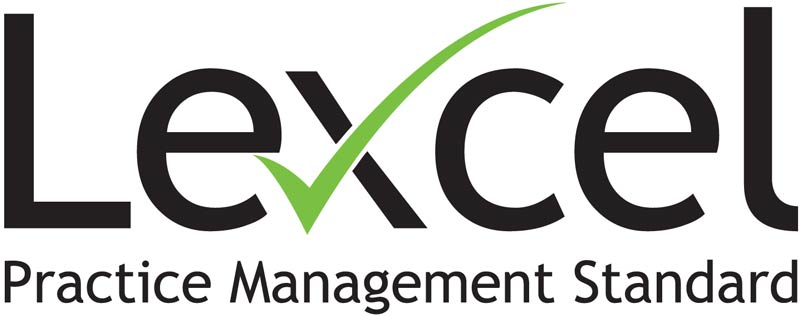Is it time to extend your lease and protect your asset?
If you own a flat or a leasehold property, whether as your primary residence or perhaps an investment property, many fail to realise that their lease is only for a fixed number of years. Once those years have completely elapsed, the lease comes to an end and the property goes back to the landlord (normally the freeholder). Short leases are an increasingly common headache for owners of flats when they come to sell.
As the years start to expire and the term gets shorter, the lease (your property) gradually loses value, and the cost of seeking an extension gets more and more expensive. The shorter the lease, the harder the property is to sell. The rule of thumb is that buyers are normally hesitant to purchase a lease with less than 90 years left to run, and will normally seek a considerable discount on the asking price as a result. Many lenders are also becoming more nervous to lend against properties with short leases as ultimately their value has decreased and will continue to decrease without a lease extension.
So what should you do to protect your asset? You should seek a lease extension with your landlord. Often you will have a right to a statutory lease extension but sometimes the landlord may agree to a voluntary extension (legal advice is always recommended for voluntary extensions).
Assuming you qualify for a statutory lease extension, you will be entitled to the following:
- A new lease with an additional 90 years added to the unexpired term of the lease (for example if you have 75 years left on your lease then you will receive a new lease for 165 years);
- Your ground rent will be reduced to nil – what is known as a peppercorn; and
- All other terms of the new lease will remain identical save only for necessary modernisation.
The longer you leave your lease extension the more expensive it can be to renew. The amount you have to pay for a lease extension, known as a premium, will increase if there is less than 80 years left on the lease so it is important to seek an extension well before reaching this point.
In addition to paying the premium for the lease extension itself, you will also need to make payment of your own legal and valuation costs, as well as the landlord’s reasonable legal and valuation costs. From our experience, the benefits of extending your lease do normally outweigh the cost on the basis that it restores or enhances the value of your asset.
Another possible option may be to buy the freehold. This is known as leasehold enfranchisement. This sounds a pretty dry subject, but don’t be put off as the benefits can be huge. Enfranchisement allows the participating leaseholders to take ownership and control of their own building. They can extend their own leases (without paying for the privilege), remove restrictions which may be unfair or badly drafted such as conditions relating to repairs or pet ownership and take direct control of the management of the building and the service charges. Perhaps most importantly, enfranchisement may increase the value of your home as prospective buyers are usually more attracted to flats which include a share in the freehold.
Whatever you choose to do, the legal procedures can be complex and expert advice is essential. If you need a lease extension, you will need a specialist in this area of law. Scott Bailey LLP specialises in all aspects of leasehold reform and regularly acts for both residential freeholders and flat owners in lease extensions and enfranchisement under the Leasehold Reform Housing and Urban Development Act 1967. Our experienced team local property law team, will provide clear and practical advice to guide clients through the lease extension process. Call 01590 676933 or email [email protected] to speak to an expert to get things moving.
Despite the difficulties brought about by the pandemic, Scott Bailey LLP is open for business and continues to deliver a high quality service. Meetings can always be arranged using all of the digital tools such as Zoom or Microsoft Teams.







